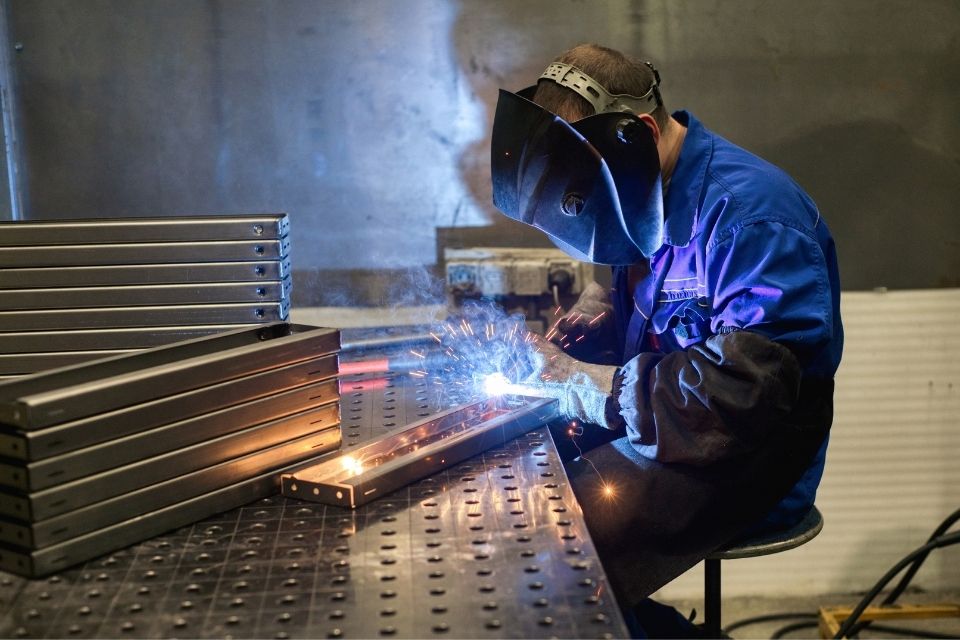When people look toward joining the workforce nowadays, they fail to consider a lot of industries in desperate need of jobs—including metal fabrication. However, this field is not slowing down anytime soon, and to meet the increased demands for shaped metal, they need more operators than ever before. Read on to learn how you can easily become a metal fabricator.
Give Attention to Your Education
One of the first and most important things you must do to become a metal fabricator is focus on your education. Entry-level metal fabrication positions require a high school diploma or a GED, along with some certification in the form of a technical certificate from a technical school or college. To advance in the field, you’ll need a lot of experience and a higher degree.
Carefully Hone Your Skills
Higher degrees are necessary because you must show off that you have the skills to operate machinery, interpret blueprints, and problem-solve. In entry-level positions, you will be doing simple iron and sheet metal fabrication, but as you go up in the hierarchy, you’ll collaborate with teams, tackling more complicated processes. Instead of being told what to do, you will likely be the one solving that problem yourself. On top of these skills, you must also be very meticulous in your measurements and cutting, bending, etching, etc., as the slightest miscalculation can lead to significant problems down the line.
Be Patient
If you can get higher degrees, you’ll have an easier time rising in the ranks of your fabrication shop, but likely it will still take some time. You do not gain knowledge and experience overnight, and it will take years of hard work and dedication to gain the skills necessary for moving up in the field. Typically, many metal fabricators will get their start in the industry by joining an apprenticeship program. These vary from shop to shop, but if you know what you want to do early, you can start one of these programs in high school. Then you can transition right into employment after you graduate.
These simple tips for becoming a metal fabricator go a long way, but at the end of the day, it all depends on the work you want to put into it. Anyone can become a metal fabricator, but there are still some important things every worker needs to know, safety factors that come into play from apprenticeship all the way to more advanced levels of expertise. This industry is tough, and you have to be similarly tough, so it’s important to prioritize safety and doing the job right.

